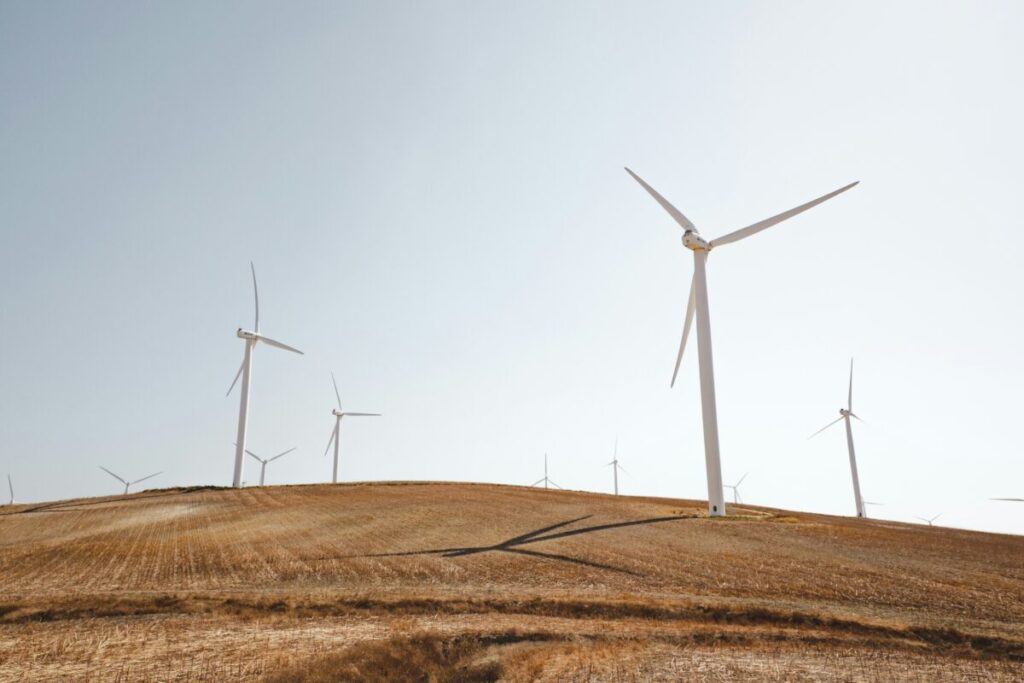The UK’s Energy Security and Net Zero Committee is seeking input into the best strategies to realise the potential of community energy in the UK.
A call for evidence has now been opened, with individuals and organisations asked to answer various questions with their views on community energy and its impact on regulation, planning and approval processes, and government support mechanisms. The call for evidence will remain open until 13 January 2025.
The assessment will consider the policy, market and regulatory reforms needed to help grow the community energy sector in the UK and its potential impact on the nation’s net zero goals. In a post on the government website announcing the inquiry, the committee notes that despite strong community support and the cost advantages of community energy, “the UK community energy sector is small and has seen little growth over recent years.”
The inquiry has three main stated aims: to find potential solutions to the financial and regulatory barriers to community energy projects; to examine the role of the Local Power Plan, a UK government policy to support local power generation; and to assess how reforms to the planning system, grid connections and the energy market can support the growth of community energy at scale.
In response to the launch of the assessment and call for evidence, Sarah Merrick, founder and CEO of community energy company Ripple Energy, said: “For too long, the benefits of renewable energy generation have been out of reach for many people. Large-scale, low-cost community projects offer an opportunity to change that, democratising Britain’s clean energy transition.
“This inquiry recognises that immense potential and we look forward to engaging in the process, sharing our insights and recommendations.”
Ripple Energy has previously called for the UK government to remove barriers to joining energy cooperatives in order to hasten the green transition. In September, the company urged the government to remove taxes on bill savings gained from renewable energy cooperative membership, which could cut savings from this kind of membership by as much as 40%.
In the UK, there are over 300 community energy organisations currently operating. Earlier this year, our sister site, Solar Power Portal, spoke to the co-founder and development director of one of the biggest energy cooperatives, Bristol Energy Cooperative, about how the sector is seeing increased attention in recent months. Bristol Energy Cooperative was founded in 2011, and the group manages 13.4MW of installed energy generation capacity, of which 12MW comes from solar installations across 15 rooftop projects and two ground-mounted solar farms.






